Removing oversight from the rabbinic courts will make it nearly impossible to protect women from legal abuses during Jewish divorce
By Nitzan Caspi Shilony
Published in the Times of Israel Blogs
MAR 6, 2023, 3:39 PM
Since 1995, Jewish organizations in Israel and abroad have commemorated the Fast of Esther as Agunah Day. In Jewish law, an agunah is a “chained woman” whose husband cannot or will not release her from a marriage she seeks to leave. If one reads the Megillah in historical context, it appears that after the Jews are miraculously saved, Esther returns to the palace of King Ahasuerus — to what fate? For the rest of her days, she is involuntarily confined to the king’s palace, subject to his desires and whims.
The lived reality of every Jewish woman prevented from leaving an unwanted marriage is similar. Whether her husband refuses to give her a get (religious writ of divorce), is missing, or lacks the cognitive ability to release her, she cannot continue with her life and is forever bound to the person with whom her marriage has effectively ended. On the Fast of Esther, we seek to raise awareness of the plight of these women among us and demand the implementation of existing halakhic solutions to end this injustice.
In this context, against the backdrop the Fast of Esther and Agunah Day, I will state clearly and unequivocally: the judicial revolution that the coalition is currently implementing is disastrous for women in Israel, and will exacerbate the harm faced by the most vulnerable women in society: agunot.
The State of Israel, since its inception, conferred upon the state rabbinic courts exclusive legal authority over marriage and divorce. The judges appointed to these rabbinical courts are largely good, honest, God-fearing people, but they espouse halakhic worldviews and value systems that are not shared with a significant portion of litigants who come before them. Many of these judges do not regard equality between men and women as a value, and do not support halachic models that seek to apply Jewish law to a changing reality.
Back in the 1950s, the state rabbinic court determined, as part of a famous legal ruling, that a residential building registered in a woman’s name actually belongs entirely and exclusively to her husband. As far as I know, there are no longer any religious or ultra-Orthodox sectors today that hold such a view, or believe that women should not be entitled to half the family property. However, without the intervention of the Supreme Court, which established that the principle of equality in Israeli law requires a woman have ownership rights over her own property (the “Sidis decision”), and that the rabbinic court may not contravene this principle, it is likely that, to this day, women would leave marriages with no property at all, by instruction of the state rabbinic courts. Over the years, the rabbinic courts have miraculously managed to find real halakhic justifications for equal property division, but only because the eyes of the Supreme Court were watching.
Read the rest in the Times of Israel >
